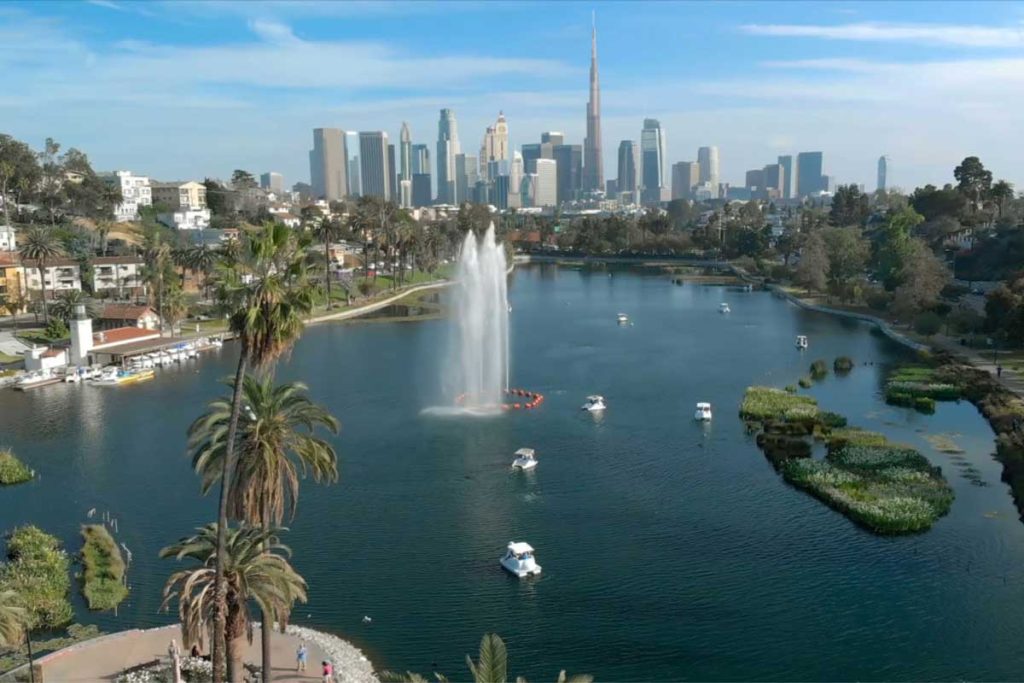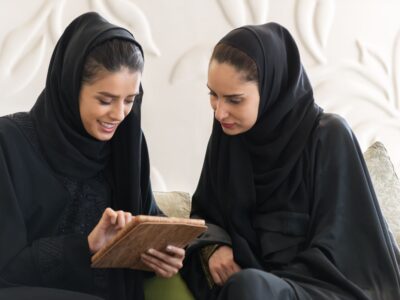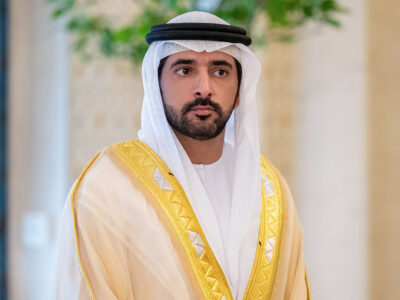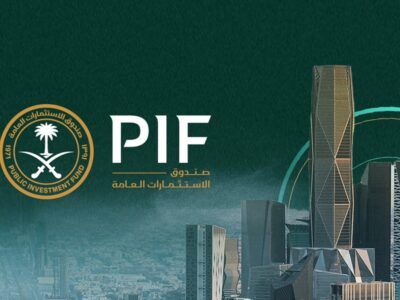Although the global conversation around sustainable development is nothing new, it has certainly gathered speed. While the climate change crisis has been making headlines around the globe for quite some time, the massive public consensus on the topic has now reached a crescendo. Consequently, sustainability is now one of the main topics, at global summits, in elections around the world, and even as a preferred area of focus in corporate social responsibility (CSR) initiatives.
And there is more to sustainability than shifting to renewable sources of energy and reducing greenhouse gas emissions. A holistic understanding of the term sustainability should include social justice and universal prosperity by addressing lack of economic inclusion, as well as gaps in access to education and employment opportunities. The 2030 agenda for sustainable development adopted by the United Nations in 2015 explicitly acknowledges this big-picture view, in the form of the 17 sustainable development goals (SDGs) it articulates.
In fact, the UN SDGs are essentially a framework for creating a sustainable world while making overcoming poverty, inequality, and lack of opportunity, as key aspects of a desirable economic growth model for the world. In particular, SDG 4 aims to “ensure inclusive and equitable quality education, and promote lifelong learning opportunities for all” and SDG 8 calls for global efforts to “promote sustained, inclusive and sustainable economic growth, full and productive employment and decent work for all”.
CSR initiatives in the UAE are playing a constructive role
As a nation, the UAE has proactively embraced the holistic view of development that is articulated in the sustainable development goals. Despite the fact that fossil fuels will remain critical to meeting the world’s energy consumption needs for a few more decades, according to most experts the UAE has been aggressively working on diversifying its economic activities, in line with a post-oil and -gas world. At the same time, the Arab nation has adopted a people-centric approach to development, which aims to excel in providing citizens and residents with much more than the bare necessities of life.
For instance, the official webpage for the Dubai 2040 Urban Master Plan makes it a point to reiterate that the program defines sustainable urban development as including a focus on “enhancing people’s happiness and quality of life and reinforcing Dubai as a global destination for citizens, residents and visitors over the next 20 years”. Likewise, the UAE’s official government portal provides an overview of the roadmap the nation has laid out for its development for this century and beyond, as being focussed on “sustainability and progress in various fields such as health, education, infrastructure, tourism, science, environment and achievement of the UN’s sustainable development goals”.

So where do CSR initiatives fit in, within this ambitious and progressive administrative agenda? Fortunately, the UAE is also home to a very dynamic and progressive private sector, which is extremely supportive of the values advanced by the nation’s government. A rising youth population ensures that the UAE’s self-image is extremely well-aligned with a progressive vision for the future. Whether influenced by this constantly growing market segment or not, businesses in the country are embracing this vision wholeheartedly. In addition to this widespread consensus, the UAE government issued a CSR Law, which took effect in February 2018.
Although the law does not mandate that businesses adhere to any involuntary CSR requirements, it imposes comprehensive reporting requirements, which must be met before annual trade licence renewal. In 2019, Sheikh Mohammed bin Rashid Al Maktoum launched the CSR UAE Smart Platform, which incentivises CSR initiatives among UAE businesses, encouraging them to create the country and culture they want to see.
CSR initiatives are sometimes viewed as altruism, or charity. However, most UN SDGs have positives for the industries and businesses that support them through their social responsibility initiatives. UN SDG numbers 4 and 8, with their emphasis on education, productive employment, and inclusive economic growth, have multiple secondary benefits for customer facing businesses – including helping to create high quality workforces, as well as increasing the purchasing power of the communities that these initiatives serve.

Some approaches that businesses can take, to contribute to SDGs 4 and 8, include:
- Promoting inclusive workforces: Diversity in recruitment is the easiest way to promote economic inclusion. Progressive hiring practices are a fantastic way for businesses to generate change, through their CSR initiatives. Incorporating a diversity of viewpoints and ideas into their decision-making process is one of the most effective ways for organizations to create a culture of innovation within their ranks as well.
- Supporting change makers: It wouldn’t be entirely baseless to argue that the world is not running short of enthusiasm to implement changes, as much as it is limited by the available budget to do so. The people with the best ideas are not always the ones with the deepest pockets. Mentorship and cash rewards are an excellent means for businesses to get behind changemakers, and multiply their outcomes.
- Supporting education: Businesses can positively impact education in many different ways – from ensuring that their own employees and their children gain access to high quality instruction, to adopting communities that are underperformers in schooling related metrics. Enabling access to quality education is also one of the most effective ways to gain trust and customer loyalty, based on shared values.
- Helping to create economic stability: CSR initiatives that are actively involved in enhancing the economic stability of the communities they serve are ensuring that their brand(s) have a growing economy to operate within. Promoting economic inclusion, though initiatives as diverse as vocational training, micro-loans, or ethical sourcing etc., adds up to the creation of a thriving market and consumer class.








